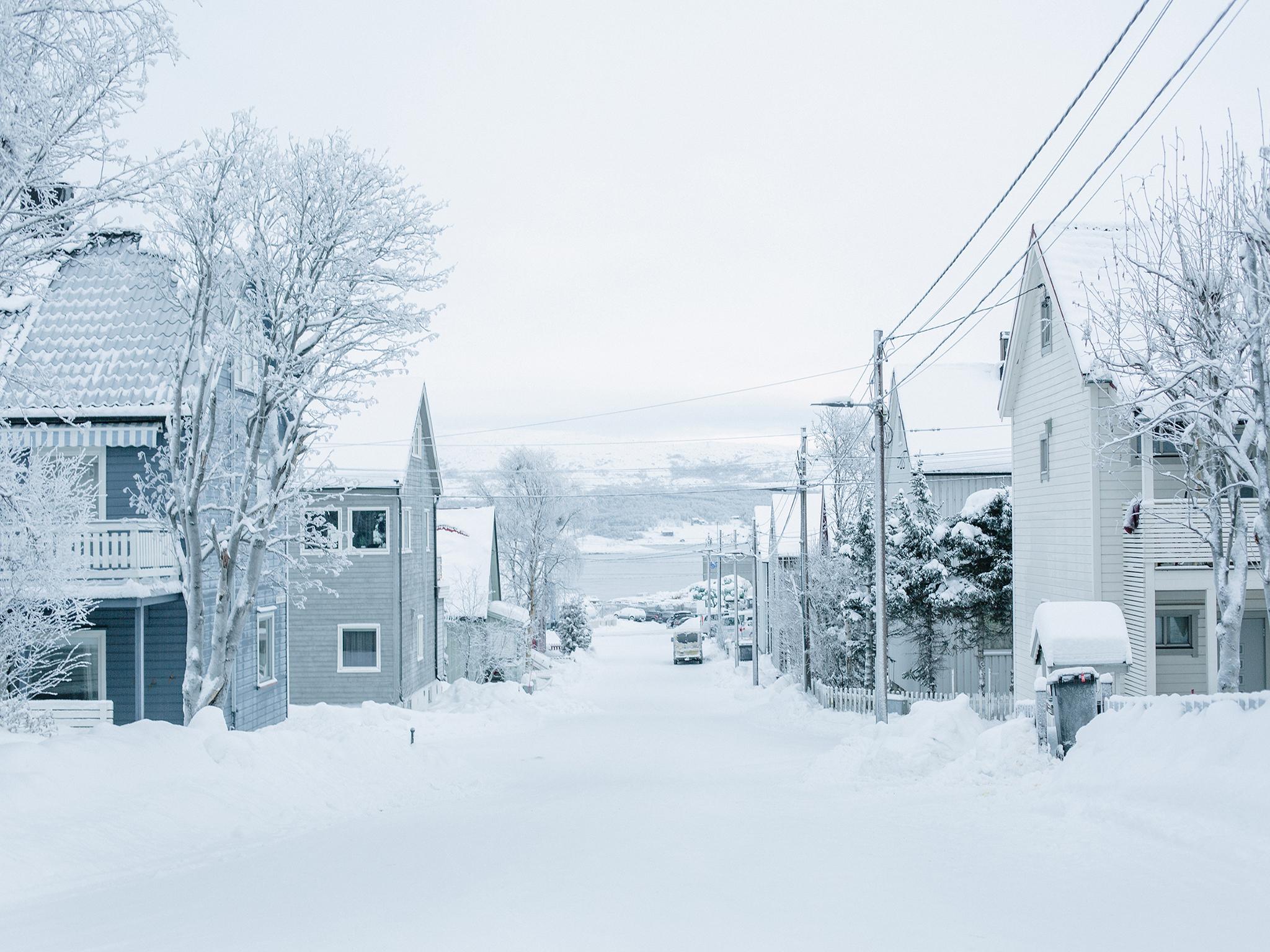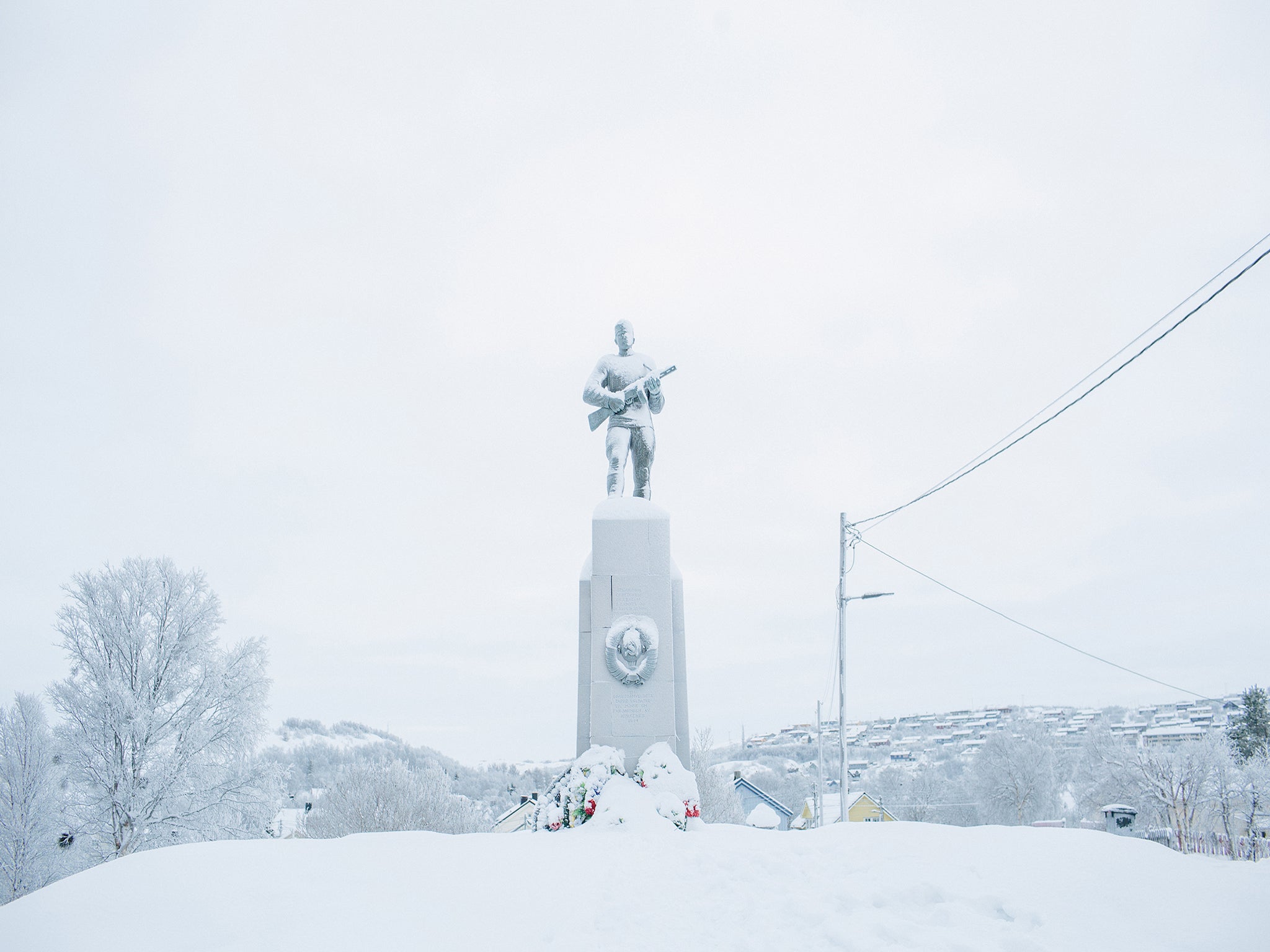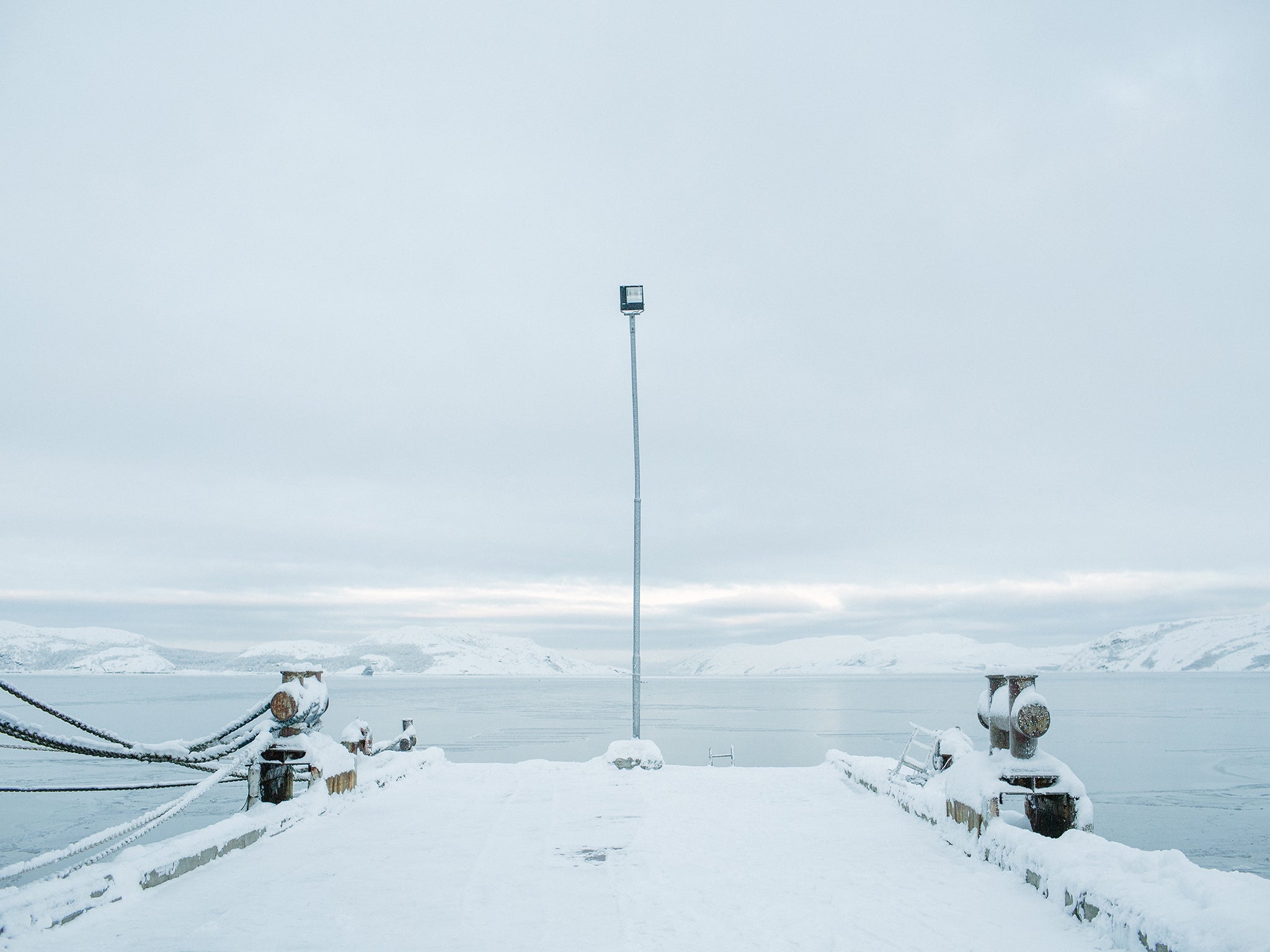Russia is bolstering its internet censorship powers – is it turning into China?
As a tiny Norwegian news website falls victim to the Kremlin’s blacklist, Isabelle Khurshudyan looks at how Russians are set to lose their online freedoms

On a stretch of Norway’s Arctic border known for views of the Northern Lights is the small town of Kirkenes. Its population is under 4,000 and the local online newspaper has a staff of just two.
And it’s here that Russia is signalling what the future may hold: a wider hand in trying to censor the internet for its citizens.
At issue is the Barents Observer, which publishes in English and Russian, and a story about an openly gay man who twice contemplated suicide but then changed his mind and is now speaking out to promote mental health. Russia’s state telecommunications regulator, Roskomnadzor, flagged the story for promoting suicide and blocked the entire Observer website in Russia last year.
But the editor of the Barents Observer wonders whether the website was targeted because of its previous anti-Kremlin content.
From Japanese comics to political opposition web addresses to a small Norwegian publication that had roughly 20,000 Russian readers per month, the outlets affected by Russia’s so-called “blacklist” now number at more than 300,000. But although Moscow has become notorious for meddling in the world’s internet, doing so at home isn’t as easy – especially in a society that’s already used to online freedom.
Russia has so far trodden relatively carefully in its censorship efforts. Still, internet freedom monitors in Russia fear its new “sovereign internet” law could one day rival that of Chinese and Iranian. The London-based rights monitor Freedom House ranked Russia 51st out of 65 countries on its internet-freedom rating last year.
The legislation came into force in November, but it could be a year before the technology is in place. It aims to route Russian web traffic and data through points controlled by state authorities and to build a national domain name system. This, supporters claim, would give Russia greater control of internet content and traffic.
Authorities backing the bill have described it as a cybersecurity measure needed to defend Russia by building a fenced-off network.
But critics see it as the government’s way of further cracking down on one of the few free sources of information remaining in the country.
Cable news channels are state-run, and the television audience is gradually declining, according to the Levada Centre, an independent Russian pollster. Its study of the Russian media landscape in 2019 also revealed that social networks have replaced television as the main news source for young Russians, and although 80 per cent of the population had confidence in television as a news source 10 years ago, that figure is now 55 per cent.
“Cyberactivity has been harnessed by the Russian government to target governments and activists externally but now those same tools are turned inward,” says Heather A Conley, director of the Europe Programme at the Centre for Strategic and International Studies. “Russian officials have seen how the internet and social media can be used by civil society to share information, organise grass-roots protests across Russia and as an instrument of transparency against Russian corruption.”
Vladimir Putin started to see the web as a potential threat
An uprising more than eight years ago over election-rigging allegations sparked Russian authorities’ first efforts to wield more control over the internet. Russian President Vladimir Putin started to see the web as “a potential threat” and consider regulations, says former lawmaker Ilya Ponomarev.
Around the same time, the first measures were introduced to block undesirable content on the internet, specifically targeting child pornography, drug-related material and anything that could be considered as encouraging suicide.
The blacklist was supposed to be implemented by NGOs, but the role instead went to watchdog Roskomnadzor. More than 10 state agencies can ask Roskomnadzor to block a website.

“That particular legislation did nothing wrong, but it was used as a model to introduce further initiatives,” Ponomarev says. “They were introducing laws but already for the political cases – what they called extremism, terrorism and this kind of stuff, which led to the establishment of real censorship.”
The result has been a loose definition of what can be blocked. Some Japanese manga has been added to the blacklist as child pornography. News websites run by Kremlin critics Mikhail Khodorkovsky and Garry Kasparov are inaccessible to Russians because they’ve been categorised as “extremism”.
And the Barents Observer was punished for allegedly promoting suicide even though the subject of its story was doing the opposite.
Thomas Nilsen, the editor, suspects the real trouble dates to 2014, when a Russian official publicly accused the website of anti-Russian reporting because it used terms such as “Putinism” and was critical of the country’s annexation of Crimea from Ukraine.
He doubts that Russia will actually have the capability to cut itself off from the global web
“We are located in probably the most remote corner of Europe,” Nilsen says. “But not because we chose to end up in this situation, we feel that, yeah, we are on the border to Russia but we are also on the border to the fight for freedom of the internet.”
Not all of Russia’s internet blockades have been successful.
After the Telegram messaging app, especially popular in Russia, refused to give authorities access to its users’ encrypted messages in 2018, Roskomnadzor unsuccessfully attempted to block it but inadvertently denied Russians access to a slew of unrelated online services.
Telegram remains widely used by Russians, including many officials – even Roskomnadzor head Alexander Zharov is on the app. The country blocked LinkedIn in 2016 because it stores the user data of Russian citizens outside of Russia, but it’s been hesitant to take the same action with more popular social platforms such as Facebook and Twitter.
“They perfectly understand that 90 per cent of (online) users are apolitical,” Khodorkovsky says. “But if you deprive them of a beloved product, they can politicise [the product], which no one wants.”

Artem Kozlyuk of Roskomsvoboda, a group that fights internet censorship and promotes freedom of information, says that the new sovereign internet law “opens up a new chapter of regulation” because it involves infrastructure control through deep-packet inspection technology – an advanced way to filter traffic.
He doubts that Russia will actually have the capability to cut itself off from the global web, as the country’s authorities have claimed. But services could go dark in some regions for a short time.
That’s already happened during protests in Moscow and Ingushetia, a republic in the Caucasus region.
A block had devastating consequences for the Barents Observer. The publication has lost two-thirds of its Russian audience since being put on the Kremlin's internet blacklist.
Nilsen, the Observer’s editor, says he’d rather that happen than to succumb to self-censorship.
“We have decided never to compromise on what we are writing,” he says. “We are following what we believe is good ethics of journalism. And we don’t want to change anything because Roskomnadzor disagrees with us.”
© Washington Post
Join our commenting forum
Join thought-provoking conversations, follow other Independent readers and see their replies
Comments